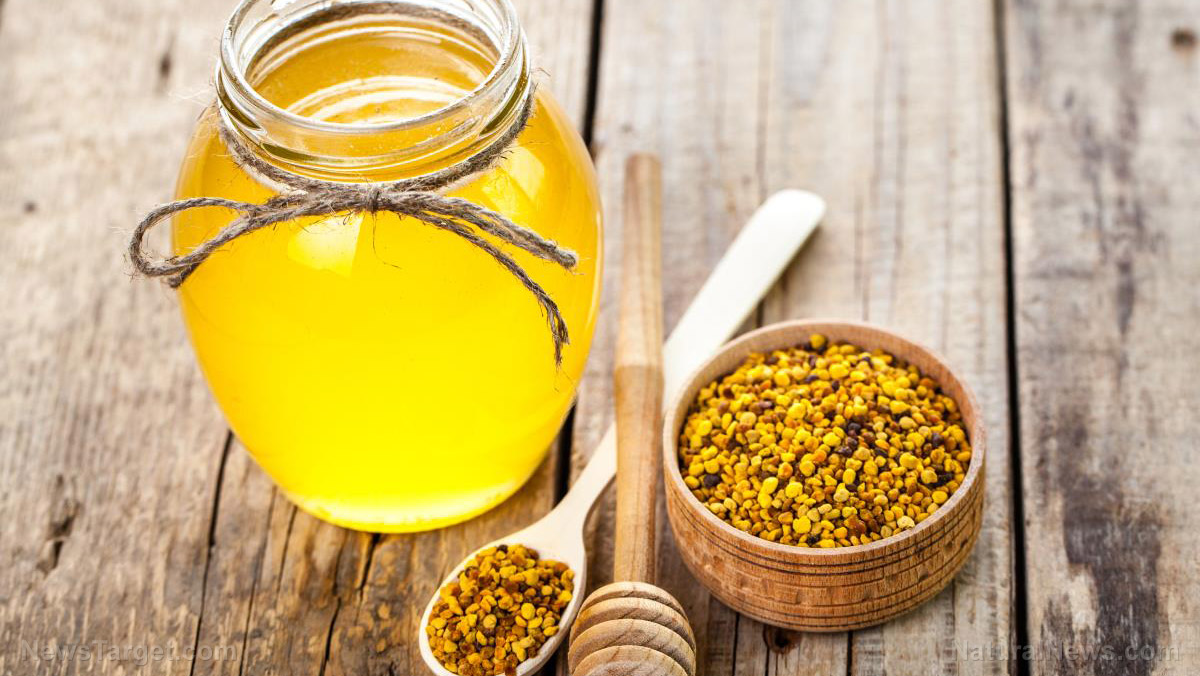
Prior to this study, there was no unified treatment scheme for diabetic cardiomyopathy since its pathogenesis was not yet fully understood. However, pathological changes like glucose and lipid metabolism disorders, inflammation, programmed cell death, and damaged small blood vessels have already been associated with its development. In addition to these, there is evidence that the mitogen-activated protein kinase (MAPK) signaling pathway contributes to diabetic cardiomyopathy development.
Astaxanthin is a pigment that belongs to the carotenoid family. It is commonly found in trout, shrimp, crabs, microalgae, yeast, and the Pacific salmon, where it is responsible for the fish's pinkish color. This phytonutrient has gained much attention over the years due to its potent antioxidant property. But aside from this, it also has the ability to ability to prevent liver, kidney, and cardiovascular damage. However, there were prior reports of its effects against diabetic cardiomyopathy.
The cardioprotective effect of astaxanthin
In this study from the CyTA - Journal of Food, the researchers looked at the cardioprotective effects of astaxanthin against diabetic cardiomyopathy in male Sprague-Dawley rats. These animal models were given a high-glucose and high-fat diet for four weeks before they were induced to have diabetes using streptozotocin. After which, the researchers administered them with 5, 10, or 20 mg/kg of astaxanthin daily for six weeks. To determine the extent of the phytonutrient's effects, they used parameters like blood glucose, lipid, and inflammation levels, cardiac function, oxidative stress, and the expression of proteins in the MAPK signaling pathway. All these factors contribute to myocardial damage and the pathogenesis of diabetic cardiomyopathy.
The rats treated with astaxanthin exhibited significant improvements in blood glucose and blood lipid metabolism, oxidative stress, inflammation, and cardiac function. They also experienced a reduction in proteins involved in the MAPK pathway, suggesting that it was inhibited.
Overall, these results show that astaxanthin has cardioprotective effects against diabetic cardiomyopathy that can be attributed to different mechanisms. (Related: New research finds astaxanthin may help diabetics by lowering blood pressure and improving glucose metabolism.)
Other health benefits of astaxanthin
By increasing your intake of astaxanthin, you can also enjoy the following health benefits:
- Lower cancer risk -- The potent antioxidant properties of astaxanthin can help with the prevention and treatment of different types of cancer. In one study, it was shown that astaxanthin has short- and long-term benefits for cancer treatment, such as reduced growth of breast cancer cells.
- Healthier skin -- Astaxanthin can be used topically or orally to smooth wrinkles, reduce age spots, and keep the skin moisturized.
- Better endurance -- Athletes and health buffs can use astaxanthin as a pre-exercise supplement since it can improve their endurance and reduce post-workout fatigue. These effects can be attributed to the phytonutrient's ability to boost fatty acid use and prevent muscle and skeletal damage.
- Joint pain relief -- Studies have shown that astaxanthin can improve inflammation and pain caused by arthritis. This carotenoid can also alleviate joint pain due to carpal tunnel syndrome.
- Improved male fertility -- Males who suffer from infertility can take astaxanthin to improve their sperm count and motility, as well as their overall fertility.
If you'd like to read more news articles on the health benefits of astaxanthin, visit Phytonutrients.news.
Sources include:
Please contact us for more information.























